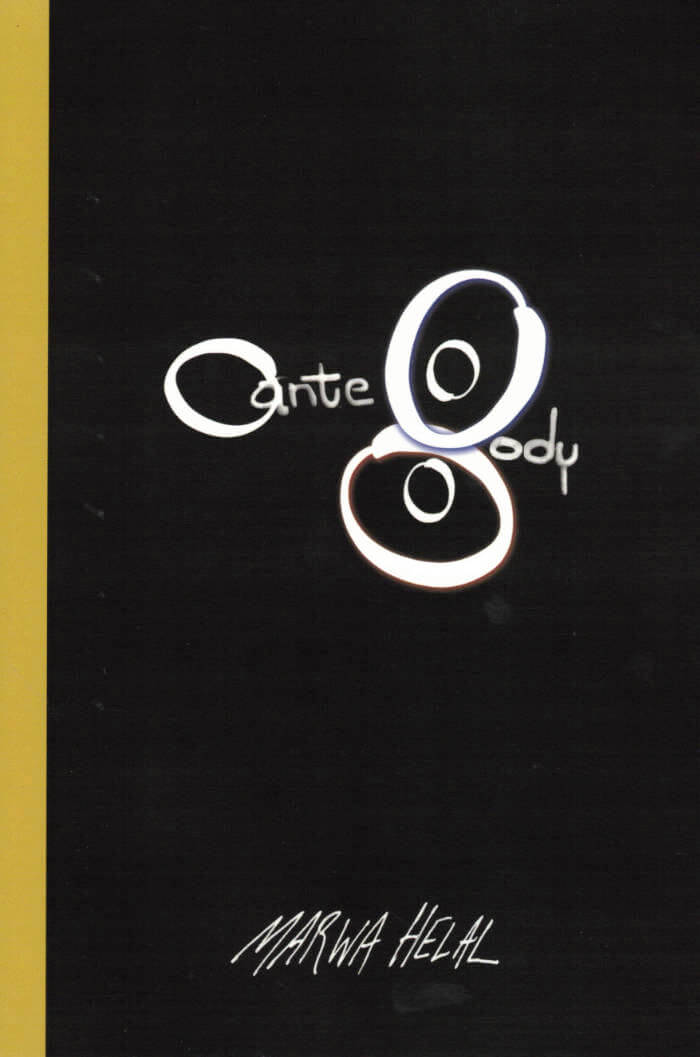
The Undercommons: Fugitive Planning and Black Study
In this series of essays Fred Moten and Stefano Harney draw on the theory and practice of the black radical tradition as it supports, inspires, and extends contemporary social and political thought and aesthetic critique. Today the general wealth of social life finds itself confronted by mutations in the mechanisms of control, from the proliferation of capitalist logistics through governance by credit and management of pedagogy.
Working from and within the social poesis of life in the undercommons Moten and Harney develop and expand an array of concepts: study, debt, surround, planning, and the shipped. On the fugitive path of an historical and global blackness, the essays in this volume unsettle and invite the reader to the self-organised ensembles of social life that are launched every day and every night amid the general antagonism of the undercommons.
Published 2013.







